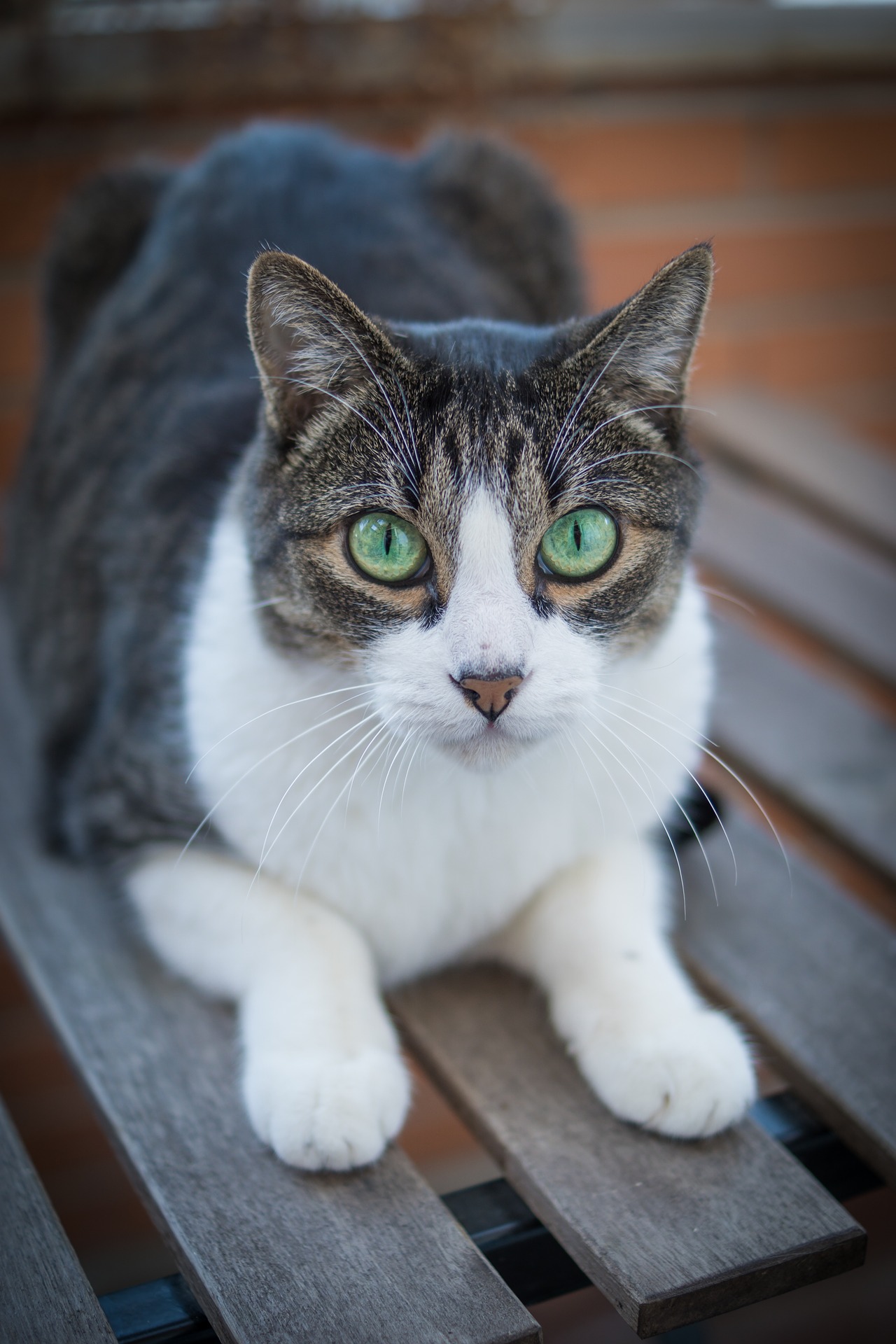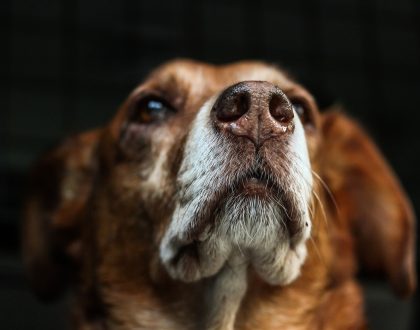Managing Hyperthyroidism with Diet in Cats

Hyperthyroidism is a common condition in older cats because of an excess of circulating thyroid hormone, called “thyroxine.” The thyroid gland, located in the neck, is responsible for the body’s metabolism. This is why one of the first signs of thyroid disease may be a change in weight – weight gain if the thyroid is underactive and weight loss if the thyroid is overactive. In cats, an underactive thyroid is extremely rare. However, an overactive thyroid is quite common. Many older cats with overactive thyroids have actual enlargement of the gland which can be felt in the neck by your veterinarian. Other than unexplained weight loss, your cat may also become more restless, hyperactive, vocal, and extremely hungry! If you suspect your cat might be experiencing some of these symptoms, the next step is visiting your veterinarian for a blood test to check your cat’s thyroid hormone levels.
Now that I know my cat has hyperthyroidism, what do I do?
The good news is that there are many treatment options available to our hyperthyroid cats. These include an iodine-restricted diet, medications, and radioactive iodine therapy. The treatment you and your vet choose depends on several factors including how severe the disease is, your cat’s health, and what works best for your family. For example, some families can’t medicate cats every day, so a more permanent solution such as radioactive iodine treatment or surgery may be best. However, these options tend to be expensive and not possible for all pet owners. A medication called methimazole, which interferes with thyroid hormone production, is less expensive but requires daily administration. For some cats, a veterinary therapeutic diet low in iodine may be all that’s required to control symptoms.
How does a low-iodine diet work?
In order to produce thyroid hormone (thyroxine), the body needs a supply of iodine. If we restrict iodine, production of thyroxine decreases. Therefore, by using the veterinary therapeutic diet that is currently available and restricted in iodine (the only source the body has of iodine) this will prevent the thyroid from making thyroid hormone. This means that in order for this diet to work, your cat must eat the therapeutic diet exclusively and cannot eat any treats or supplements that might contain iodine and allow the thyroid gland to continue to make thyroxine. Conveniently, the main use of iodine in the body is the production of thyroid hormone, so a deficient diet shouldn’t cause any other health issues in a hyperthyroid cat. However, it may not be appropriate for all cats (depending on other medical conditions) so important to work with your veterinarian and decide if using this therapeutic diet is the best way to manage your cat’s condition.
What are other nutritional concerns for my hyperthyroid cat?
Because metabolism is altered in hyperthyroidism, it’s important to monitor your cat’s weight and muscle mass. Even after treatment it may take a long time to reverse weight loss and muscle loss that occurred before your cat’s diagnosis. This can best be done by monitoring your cat’s body condition, muscle condition, and weight.
Finally, thyroid hormone has a role in kidney function and blood flow that may result in either directly damaging the kidney or obscuring underlying kidney disease that your cat may already have. If this is the case with your cat, paying special attention to specific nutrients such as dietary phosphorus (a key player in chronic kidney disease) may be required. You should talk with your veterinarian about what diets may be best for him in this case.
So now what?
An important take-away message about your newly-diagnosed hyperthyroid cat is that there is a wide range of treatment options, so you can likely find something that works for your family. Additionally, diet may play a significant role in managing the disease, whether as a sole treatment or as an adjunct tool to address changes in your cat’s body related to hyperthyroidism.
Blog written by Dr. Daisy Spears in conjunction with Dr. Linder.
Want to read more information on feeding your pet?
Subscribe to always know when we add new material!
Recommended Posts

Can Diet Help With My Dog’s Seizures?
January 18, 2024

The Most Popular Holiday Foods…That Your Pet Should Avoid!
December 08, 2023

Can Diet Prevent or Treat Urinary Tract Infections in Dogs?
August 14, 2023

